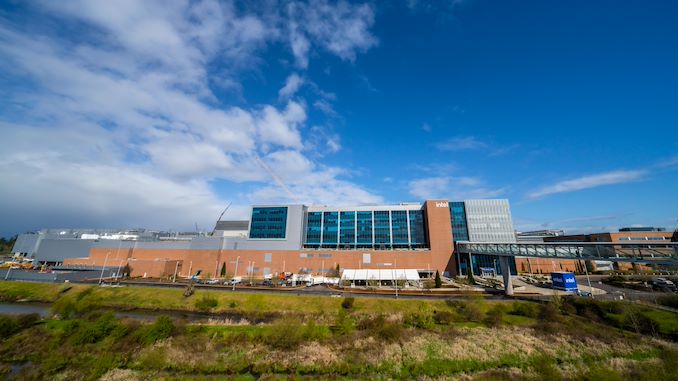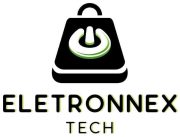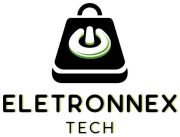
When Intel struggled with its 10nm process technology a few years ago, some investors suggested that the company would be better-off spinning its chip production into an independent foundry, leaving the core of the company to focus on chip design instead. Bucking these calls, however, Intel opted to keep chipmaking in-house, even going as far as to creating Intel Foundry Services to use those facilities to do contract chipmaking for other chip designers.
With the significant capital required to scale up the chip fab side of the business, it’s a decision that, even today, Intel executives still get asked about. That was once again the case yesterday, at Intel’s investor-focused AI Everywhere event at the Nasdaq MarketSite, where Intel CEO Pat Gelsinger reiterated that the company is not going to spin off their foundries.
“The idea of the internal foundry model, we think, is the right path for us in the current environment,” Gelsinger told Reuters.
IFS is currently a distinct manufacturing operations unit within Intel that operates like ‘an internal foundry’, which the company then ‘outsources’ production of its processors and other products. Since returning to Intel, Gelsinger has been steadfast about wanting IFS to stay that way, keeping IFS an internal unit rather than to spin it off. It’s a decision that’s been in notable contrast to some other Intel divisions, such as Mobileye and the Programmable Solutions Group, which have been (or will be) spun off into separate businesses.
With that said, Intel will be bringing more transparency to the financials of its foundry division. Starting from Q2 next year, Intel will report financial results of IFS as if it was a separate business, which will give a clear understanding how much the unit earns and provide a better understanding of how IFS operations stack up against those of TSMC, Samsung Foundry, GlobalFoundries and other top contract chipmakers.
Ultimately, Intel believes that there are clear benefits to operating in a unified manner, especially, as explained by Gelsinger in his interview, that Intel is using the majority of the factory’s capacity right now.








